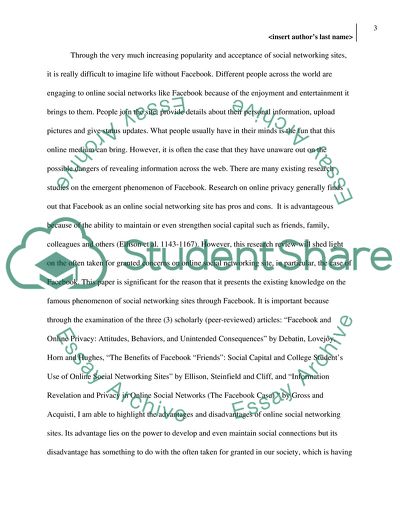Cite this document
(From Social Network to Privacy Issues Research Proposal, n.d.)
From Social Network to Privacy Issues Research Proposal. https://studentshare.org/information-technology/1761770-google-and-facebook
From Social Network to Privacy Issues Research Proposal. https://studentshare.org/information-technology/1761770-google-and-facebook
(From Social Network to Privacy Issues Research Proposal)
From Social Network to Privacy Issues Research Proposal. https://studentshare.org/information-technology/1761770-google-and-facebook.
From Social Network to Privacy Issues Research Proposal. https://studentshare.org/information-technology/1761770-google-and-facebook.
“From Social Network to Privacy Issues Research Proposal”. https://studentshare.org/information-technology/1761770-google-and-facebook.


